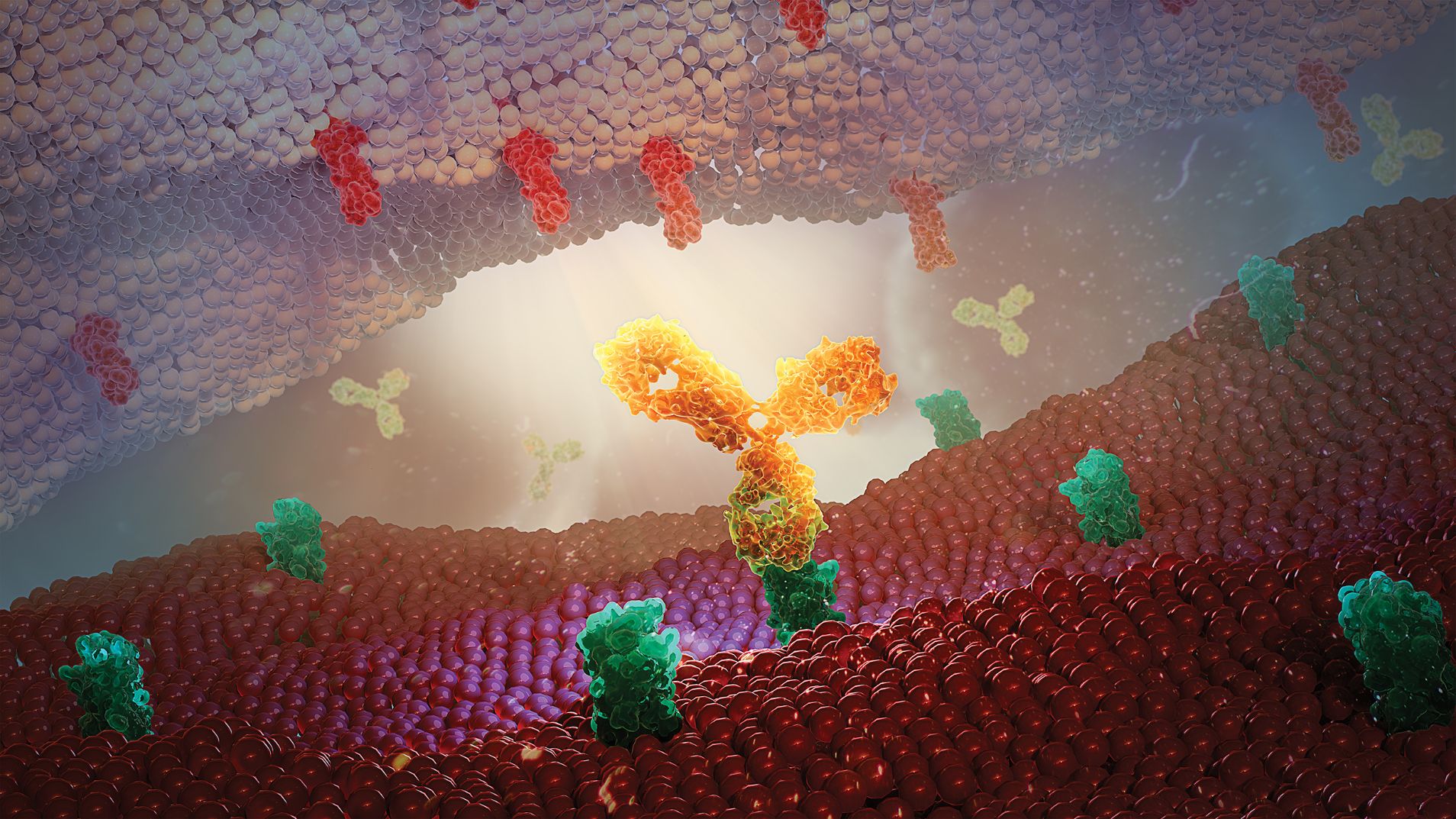
AstraZeneca has reported final data from the Phase III ELEVATE-RR clinical trial of Calquence (acalabrutinib) in adults with chronic lymphocytic leukaemia (CLL) who received prior treatment.
The trial involved a total of 533 patients who had 17p deletion or 11q deletion.

Discover B2B Marketing That Performs
Combine business intelligence and editorial excellence to reach engaged professionals across 36 leading media platforms.
Data showed that AstraZeneca’s drug led to non-inferior progression-free survival (PFS) versus ibrutinib at a median follow-up of 40.9 months, meeting the head-to-head trial’s primary endpoint.
The median PFS was 38.4 months in both groups. However, neither arm reached median overall survival.
Calquence also demonstrated statistically significantly fewer all-grade atrial fibrillation incidences at 100mg twice daily oral dose when compared to 420mg once daily oral ibrutinib.
Calquence, a selective Bruton’s tyrosine kinase (BTK) inhibitor, was associated with lower cardiovascular toxicity, adverse events frequency as well as adverse events-related discontinuations.

US Tariffs are shifting - will you react or anticipate?
Don’t let policy changes catch you off guard. Stay proactive with real-time data and expert analysis.
By GlobalDataIn the randomised, multi-centre, open-label trial, Calquence’s safety and tolerability were consistent with its previously reported profile.
The company added that at four years follow up in the Phase III ELEVATE-TN trial, Calquence continued progression-free survival and favourable tolerability in a front-line setting as monotherapy or combination with obinutuzumab.
This trial enrolled 535 previously untreated CLL patients and compared 100mg twice daily Calquence monotherapy or combination therapy to chlorambucil plus obinutuzumab.
The primary endpoint was PFS while secondary endpoints were IRC-assessed PFS, objective response rate, time to next treatment, overall survival and investigator-assessed PFS.
ELEVATE-TN met its primary goal at the interim analysis data cut-off following a median follow-up of 28.3 months.
As per the trial data, Calquence plus obinutuzumab decreased the risk of disease progression or death by 90% at a median follow-up of 46.9 months, and Calquence monotherapy lowered this risk by 81%, versus chlorambucil plus obinutuzumab.
The PFS results were found to be similar across high-risk subgroups. Median PFS and median OS were not reached at follow-up of four years.
AstraZeneca Oncology business unit executive vice-president Dave Fredrickson said: “Together, the results provide strong evidence that Calquence is a preferred option for people living with this chronic and devastating disease.”
Earlier this month, the company reported positive results from a post-hoc analysis of the Phase III TULIP trials of anifrolumab.





